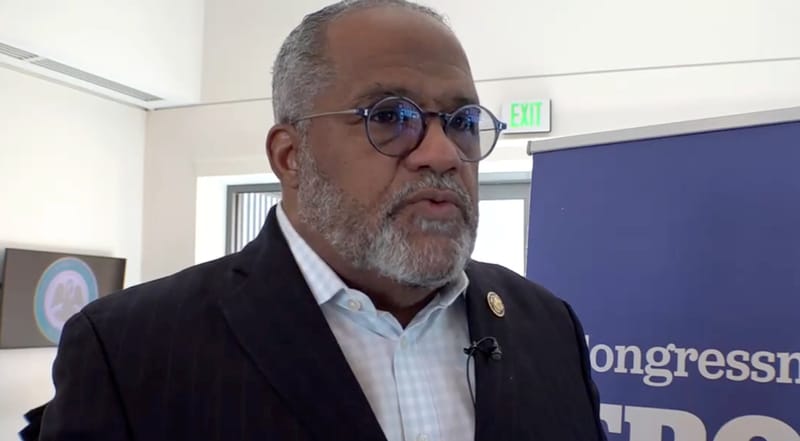Louisiana Lawmakers Approve Controversial Migrant Enforcement Bill

BATON ROUGE, La. — Louisiana lawmakers have passed a bill granting state and local law enforcement the authority to arrest and detain individuals who have entered the U.S. illegally. This legislation, modeled after Texas’ contentious migrant enforcement law, is anticipated to be signed by the governor in the coming days.
The bill’s passage occurs amid a heated national debate between Republican-led states and the Democratic Biden administration regarding border enforcement responsibilities. Many GOP-controlled states are adopting measures to increase their involvement in immigration enforcement. However, similar laws in Iowa, Oklahoma, and Texas face significant legal challenges.
In March, Texas briefly implemented its migrant enforcement law before it was halted by federal courts. During this short enforcement period, no arrests were reported under the law, highlighting that many sheriffs were either unprepared or unwilling to enforce it. The law remains suspended, awaiting a decision from a federal appeals court’s three-judge panel, which heard arguments in April.
Louisiana’s bill, sponsored by Republican Sen. Valarie Hodges, seeks to establish the crime of “illegal entry or reentry” into the state. The first offense would carry penalties of up to one year in prison and a $4,000 fine. Subsequent offenses could result in up to two years in prison and a $10,000 fine. Additionally, the bill would initiate the deportation process, a responsibility traditionally managed by federal authorities.
Proponents of the legislation argue that it is necessary to protect U.S. citizens, accusing the federal government and President Biden of failing to enforce immigration laws effectively. They believe that state-level enforcement can help curb illegal immigration and enhance public safety.
Critics, however, contend that immigration enforcement should remain under federal jurisdiction. They warn that state-level measures could lead to inconsistent enforcement, potential civil rights violations, and strained relationships between local communities and law enforcement. Legal experts also predict that Louisiana’s law will face significant challenges in federal courts, similar to those seen in other states.
The ongoing legal battles in states like Texas underscore the complexities and controversies surrounding state-led immigration enforcement. As Louisiana moves forward with its legislation, the national debate over immigration policy and enforcement continues to intensify.






